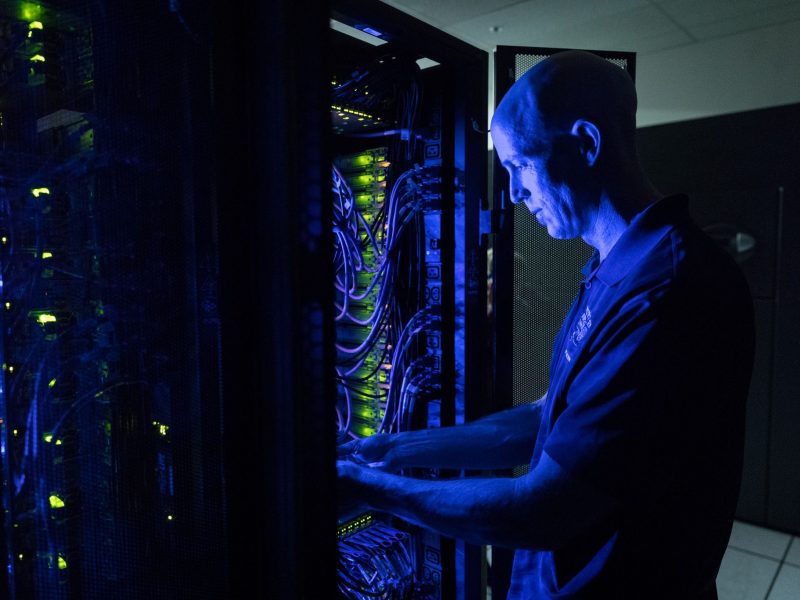Adapting and harnessing artificial intelligence
Our artificial intelligence (AI) initiatives are focused on the future and how to evolve alongside these technologies that are complementing the ways in which we teach, work, and foster student learning for a changing professional landscape.
Guidelines and the road ahead
As a community of educators, we support the responsible and ethical use of AI technologies in helping us foster student learning and success, and we recognize the importance of embracing the role these technologies will play in how we work and the professional futures and careers of our graduates.
Our work in offering guidance and resources in artificial intelligence, build in collaboration with faculty, has thus far focused on:
- Outline the foundational principles that underpin our approach to AI technologies;
- Provide faculty with guidelines and best practices for the use and integration of AI technologies (in particular, generative AI) into their teaching practice;
- Provide funding for faculty to innovate in applications of AI in their classes; and,
- Offer learning guides and other resources to ensure faculty are knowledgeable and remain current about these technologies.
Looking ahead into the future, and while these technologies evolve rapidly without consensus within the higher education community for how to best integrate AI technologies in fostering student learning, we will continue to support our faculty and institutional community in various ways:
- Launching broad professional development efforts, coordinated through the Teaching and Learning Center, to offer faculty information about GenAI, support the integration of these technologies in classes, and offer advice on learning assessment techniques that are resilient to GenAI;
- Developing guidance on acceptable uses of GenAI in non-instructional work, such as work that faculty do in research, scholarship, and service or as part of university business processes;
- Developing new courses that offer students opportunities to learn more about GenAI, its capabilities and potential, and how they might be used professionally;
- Coordinating with our Career Development office to integrate GenAI in how we prepare students for career success; and,
- Augmenting training offered to students and graduate teaching assistants to explicitly address GenAI considerations.
Contact
For more information on this initiative, please contact Dr. John Georgas, Senior Vice Provost for Academic Operations.


